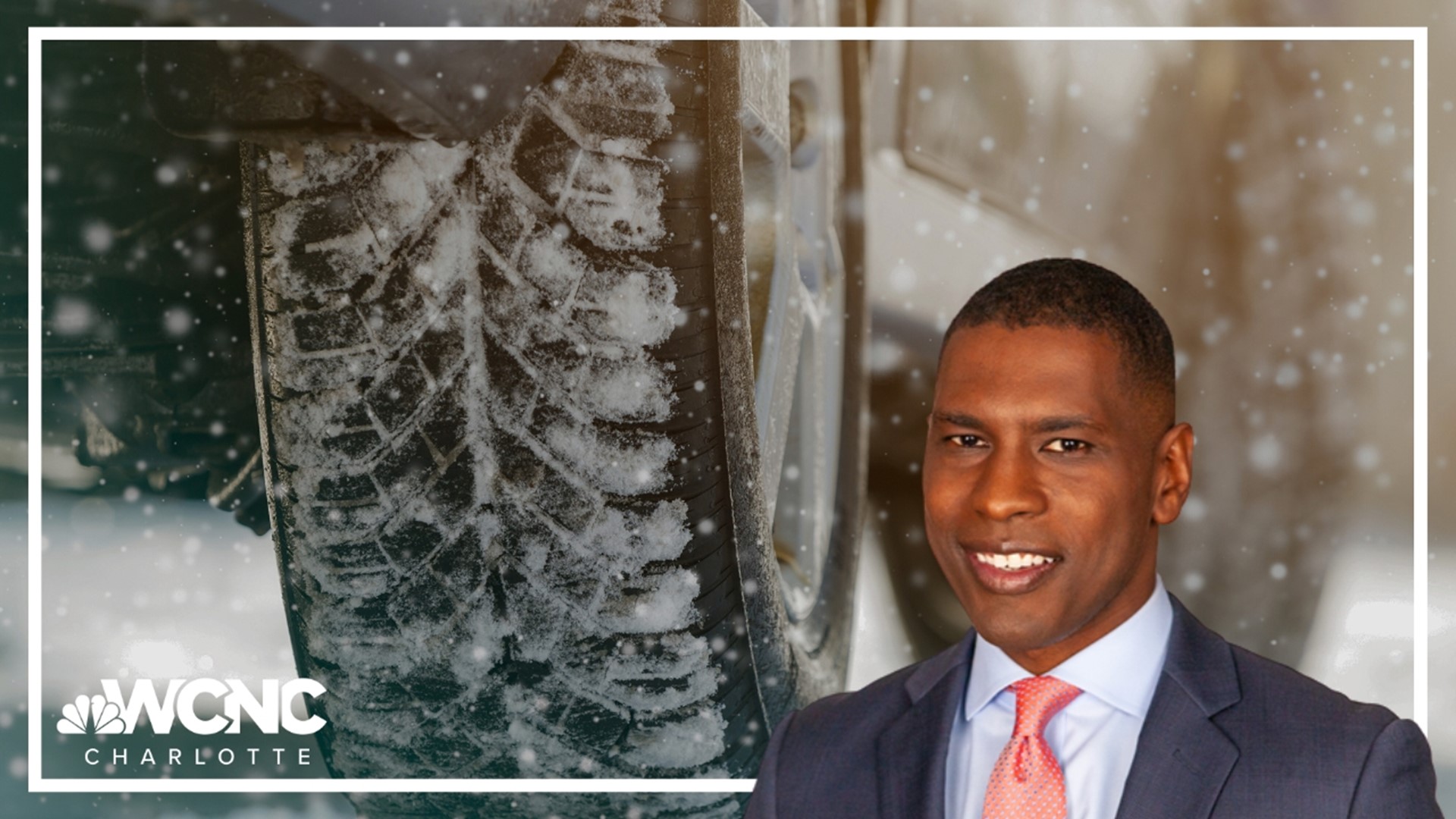CHARLOTTE, N.C. — As frigid air settles across the Carolinas with another shot of well-below-freezing temperatures this weekend, here’s an easy way to remember what to do beforehand. The five Ps provide an easy guideline for staying safe in frigid temperatures.
For the latest weather alerts, download the WCNC Charlotte mobile app and enable push notifications.
The five Ps stand for:
- People
- Pets
- Plants
- Pipes
- Prevent fires
With people and pets, the goal is to keep them warm as well as dry and inside when it's dangerously cold outside. Do not leave your pets outside in dangerously cold temperatures.
If you haven't already, it's not too late to fix any leaks and winterize your plumbing as we head through the middle of winter.
Here are some easy steps you can do to protect your pipes:
- Open your cabinets. This will help warm air get under the sinks and keep the pipes warm.
- Know the location of your main water shut-off valve in the event a pipe bursts, so you can act quickly.
- Insulate pipes in unheated spaces such as attics or basements. You can go grab some foam tubing or even certain types of tape.
- Drain your hoses and cover your spigots in your yard so they don’t break.
The illustration below provides a helpful guide.
Fires are common during the winter because of improper warming methods being used in people’s homes. Prevent fires in freezing temperatures using the guidelines below.
- Don’t EVER use a gas stove or oven for heat.
- Don’t use space heaters as your primary heating source. If you do use them, monitor them at all times when they’re on
- Keep anything flammable three feet away from space heaters.
- Test smoke and carbon monoxide alarms monthly and switch out those batteries if they don’t work.
Contact KJ Jacobs at kjacobs3@wcnc.com and follow him on Facebook, X and Instagram.
WCNC Charlotte’s Weather IQ YouTube channel gives detailed explainers from the WCNC Charlotte meteorologists to help you learn and understand weather, climate and science. Watch previous stories where you can raise your Weather IQ in the YouTube playlist below and subscribe to get updated when new videos are uploaded.

